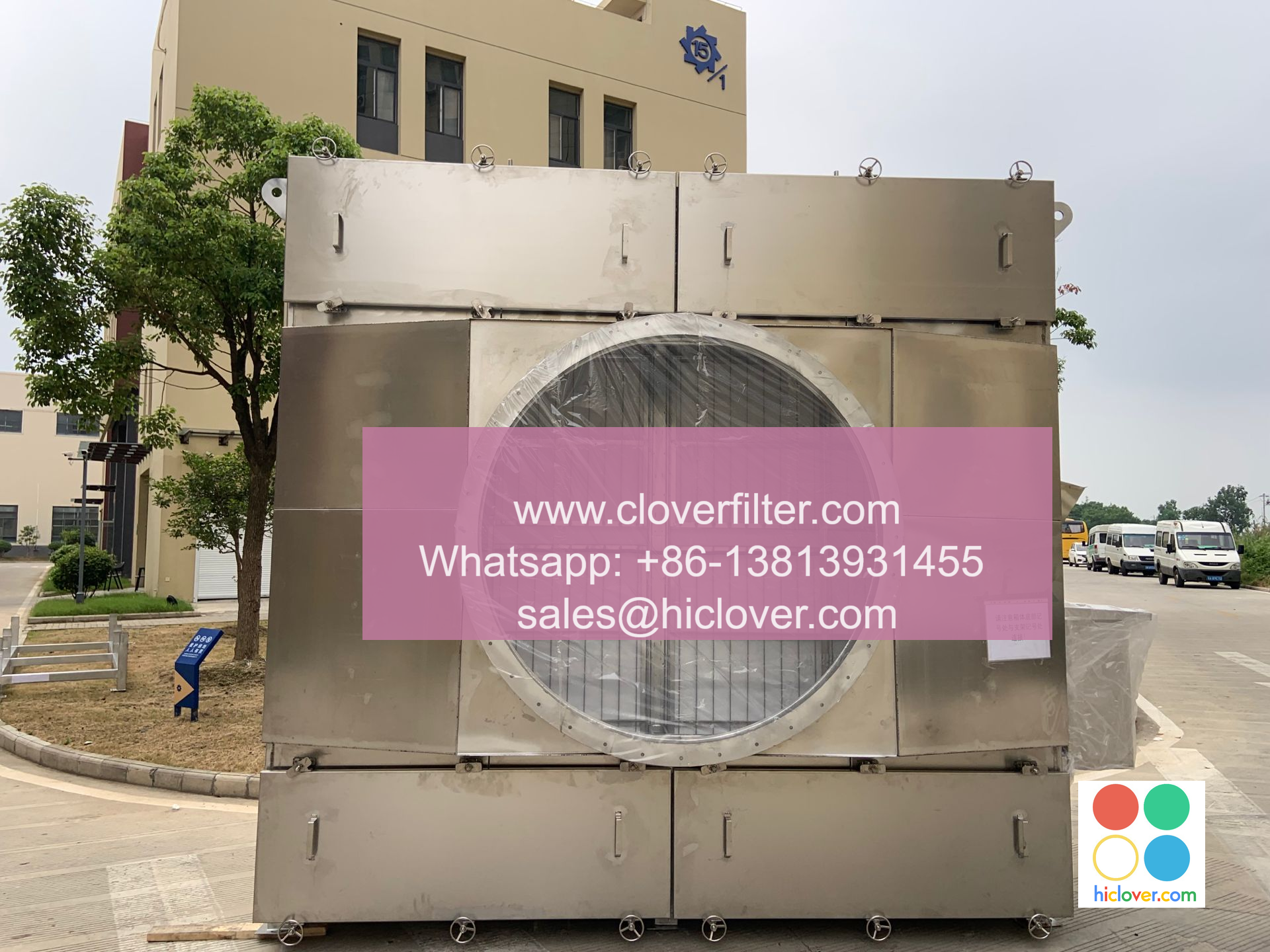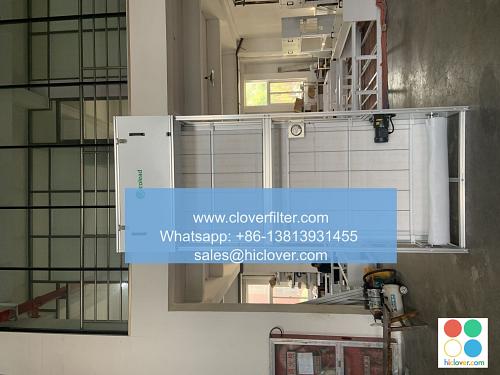The Importance of Air Filter Documentation in Healthcare Facilities

Air filter documentation is a crucial aspect of maintaining a safe and healthy environment in healthcare facilities. Air filtration systems play a vital role in removing airborne contaminants, such as bacteria, virus, and fungi, that can pose a significant risk to patients, visitors, and staff. In this article, we will highlight the importance of air filter documentation in healthcare facilities and its various application areas.
Air Filter Documentation: What is it?
Air filter documentation refers to the process of maintaining accurate and detailed records of air filter installation, maintenance, and replacement. This documentation includes information on the type of air filter used, its efficiency rating, and its date of installation and replacement. Accurate air filter documentation is essential for ensuring that healthcare facilities comply with regulatory requirements and industry standards, such as those set by the Centers for Disease Control and Prevention (CDC) and the American Society of Heating, Refrigerating and Air-Conditioning Engineers (ASHRAE).
Application Areas of Air Filter Documentation
Air filter documentation has various application areas in healthcare facilities, including:
* Operating Rooms (ORs): Air filter documentation is critical in ORs, where laminar airflow and HEPA filtration are used to maintain a sterile environment.
* Intensive Care Units (ICUs): ICUs require precise control over airborne contaminants, making air filter documentation essential for maintaining a safe environment for critically ill patients.
* Isolation Rooms: Air filter documentation is vital in isolation rooms, where patients with infectious diseases are treated, and negative pressure and HEPA filtration are used to prevent the spread of airborne pathogens.
* Pharmacies: Air filter documentation is necessary in pharmacies, where compounding and sterile preparation of medications require a controlled environment.
Benefits of Air Filter Documentation
The benefits of air filter documentation in healthcare facilities are numerous and include:
* Improved Patient Safety: Accurate air filter documentation helps ensure that healthcare facilities maintain a safe and healthy environment, reducing the risk of airborne infections and improving patient outcomes.
* Regulatory Compliance: Air filter documentation helps healthcare facilities comply with regulatory requirements and industry standards, reducing the risk of non-compliance and associated penalties.
* Cost Savings: Regular air filter documentation and maintenance can help reduce energy consumption, extend the life of air filtration systems, and minimize the need for costly repairs and replacements.
* Enhanced Quality Control: Air filter documentation provides a record of air filter performance, enabling healthcare facilities to identify areas for improvement and implement quality control measures to optimize air filtration systems.
Best Practices for Air Filter Documentation
To ensure accurate and effective air filter documentation, healthcare facilities should follow these best practices:
* Develop a Comprehensive Air Filter Documentation Program: Establish a program that includes detailed records of air filter installation, maintenance, and replacement.
* Use Standardized Forms and Templates: Use standardized forms and templates to ensure consistency and accuracy in air filter documentation.
* Train Staff on Air Filter Documentation: Provide training to staff on the importance of air filter documentation and the procedures for maintaining accurate records.
* Regularly Review and Update Air Filter Documentation: Regularly review and update air filter documentation to ensure that records are accurate and up-to-date.
In conclusion, air filter documentation is a critical aspect of maintaining a safe and healthy environment in healthcare facilities. By implementing a comprehensive air filter documentation program, healthcare facilities can ensure regulatory compliance, improve patient safety, and reduce costs. By highlighting various application areas, such as operating rooms, ICUs, isolation rooms, and pharmacies, and emphasizing the importance of accurate air filter installation, maintenance, and replacement, healthcare facilities can optimize their air filtration systems and provide a safe and healthy environment for patients, visitors, and staff. You haven’t provided a question or topic for me to assist you with. Please provide more context or information so I can give you a helpful response. What would you like to talk about or ask?

